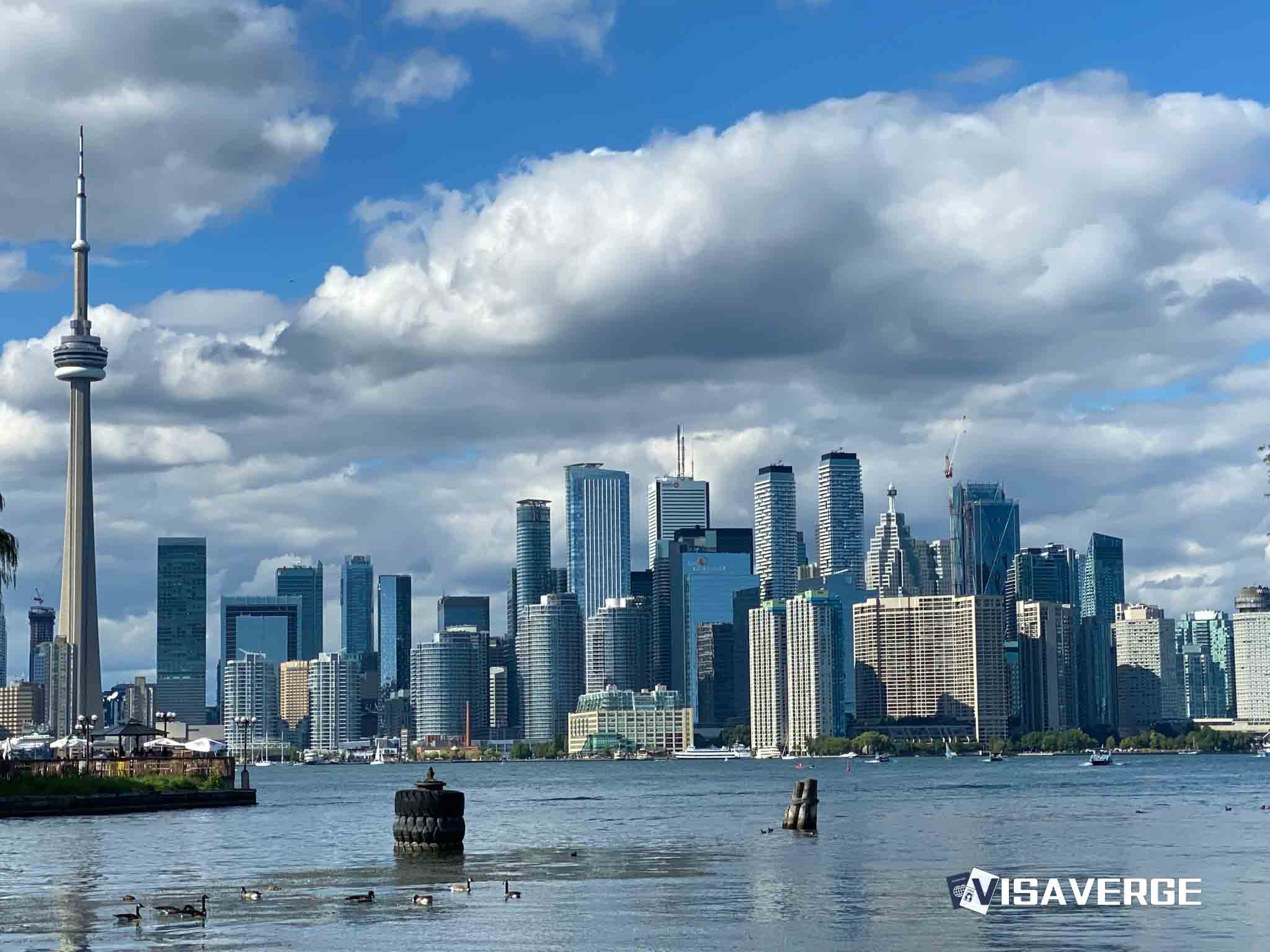Reports that Ottawa is preparing to bar foreign dissidents who previously visited Canada from asylum hearings are not supported by any official record as of August 18, 2025. Government updates in 2024–2025 focus on lowering overall immigration volumes and tightening some temporary resident pathways. They do not announce, hint at, or consult on new rules that would deny asylum hearings to claimants based on a prior visit to Canada.
What the official documents show

Available policy documents and public consultations center on the Immigration Levels Plan 2025–2027, announced in October 2024. Key elements of the plan include:
- Introduces targets for temporary residents for the first time and reduces permanent resident admissions.
- Aims to bring the non‑permanent resident population down to less than 5% of Canada’s population by the end of 2027.
- Seeks to stabilize permanent resident admissions at less than 1% annually beyond 2027.
- Includes reduced targets for refugee and protected person admissions, but does not describe any bar to asylum hearings for foreign dissidents who have visited Canada.
Analysis by VisaVerge.com indicates that discussions in 2025 among immigration lawyers, business groups, and settlement agencies have concentrated on:
- Fewer permanent residency spots and resulting labor supply pressure.
- New caps on study permits.
- Changes to temporary resident allocations.
VisaVerge.com reports that these debates have not included proposals to block asylum hearings because of past travel to Canada, and no stakeholder summaries point to such a policy shift.
Recent program changes (context)
Several program adjustments in 2024–2025 are economic and capacity-driven rather than political:
- Provincial Nominee Program (PNP) spaces were cut by 50% for 2025. Some provinces are seeking to rebalance allocations and are steering nominations toward critical jobs (healthcare, construction).
- Eligibility for some open work permits for spouses of temporary foreign workers and students has been narrowed.
- Intake caps were placed on study permits to better match arrivals to housing and jobs and to reduce the temporary resident population.
None of these measures mention foreign dissidents or deny asylum hearings based on past travel.
Policy context and historical note
“Foreign dissidents” can include journalists, activists, and people who have opposed powerful groups or governments abroad. Historically, political opinion has been a factor in immigration law—for example, the Immigration Act Amendment of 1919 expanded bars on people seen as political threats. That historical reference is not a guide to 2025 policy.
Important distinctions:
- Asylum hearing access is separate from admissions targets. Targets control how many people can land as permanent residents in a given category each year; they do not, by themselves, create new bars to hearings.
- The Immigration Levels Plan 2025–2027 lowers planned admissions in several streams, including refugee and protected persons, yet contains no language saying a prior visit to Canada would prevent a person from having their asylum claim heard.
For official program information and updates, check Immigration, Refugees and Citizenship Canada: https://www.canada.ca/en/immigration-refugees-citizenship.html
Impact on applicants — what this means for individuals
If you fear harm and previously visited Canada for study, tourism, family, or a conference:
- Based on the record available as of August 18, 2025, a past entry alone is not listed as a reason to shut you out of an asylum hearing.
- Claims are still assessed under existing law and policy.
- Current government changes deal with overall volumes and temporary resident rules, not with blocking hearings for people because of earlier travel.
Stakeholders have raised other concerns in 2024–2025 that may affect applicants indirectly:
- Fewer permanent residency spots affecting workers and families.
- Hiring challenges for employers due to lower PNP spaces.
- Shock and service pressure from the study permit cap and narrower spouse work rights.
These are significant pressures, but they are separate from claims about barring foreign dissidents from asylum hearings.
What to watch going forward
Two issues will merit continued attention:
- The rollout of the Immigration Levels Plan 2025–2027, especially how the new temporary resident targets interact with housing, jobs, and services.
- Any future government statements on refugee targets and program design. If a proposal were to limit asylum hearings for foreign dissidents due to prior visits, officials would be expected to:
- Publish it publicly, and
- Invite comment through consultations.
Current source material says no such step has been taken.
The historical reference to 1919 sometimes fuels confusion online. While that law once widened political bars, it does not reflect current policy directions in 2025. Today’s debate is about scale and balance—how many people Canada welcomes each year, and in which categories.
Practical advice and final takeaways
- For those worried about rumors: check the government’s posted policies and consultation pages and watch for formal notices.
- If a major change affecting human rights and due process were proposed, Canada would need to publish it and likely open it to consultation before implementation.
- The government’s 2025 process invited feedback before the August 17, 2025 deadline; consultation materials and summaries released to date do not mention excluding foreign dissidents from asylum hearings because of past visits.
Bottom line: Canada is tightening numbers through the Immigration Levels Plan 2025–2027, cutting PNP spaces for 2025, and narrowing some temporary resident pathways. It is not rolling out a policy that would deny asylum hearings to foreign dissidents because they once visited Canada. If that changes, it should appear in an official announcement and likely go through consultation before taking effect.
Frequently Asked Questions
This Article in a Nutshell
Reports claiming Canada will bar foreign dissidents from asylum hearings lack official evidence as of August 18, 2025. Ottawa’s Immigration Levels Plan 2025–2027 tightens immigration numbers, reduces PNP spaces and study permits, and limits temporary resident targets, but does not announce denying asylum hearings for prior visitors.












